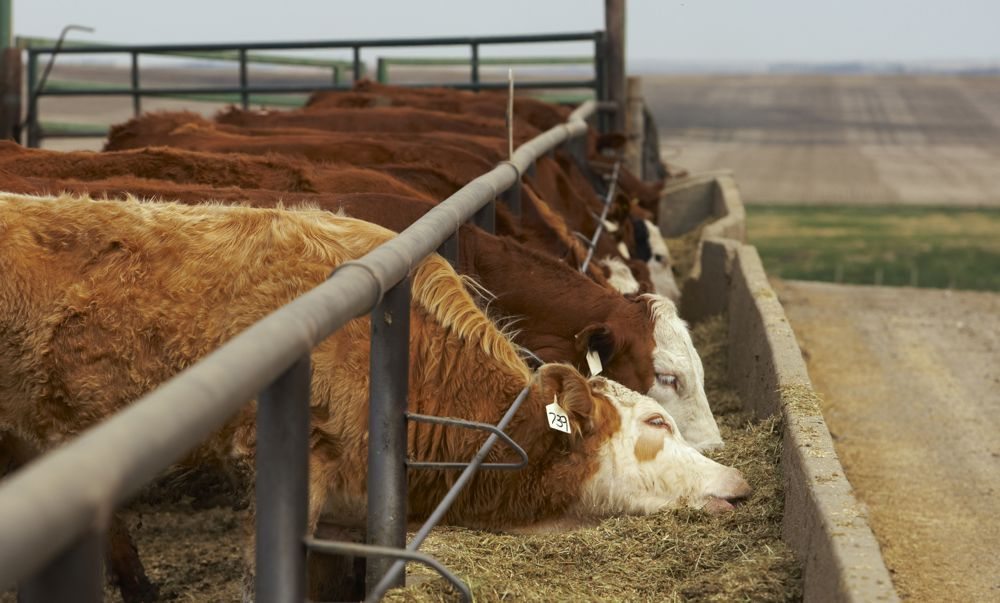Klassen: Feeder market stable but demand remains soft
| 2 min read

(Photo courtesy Canada Beef Inc.)
Comments from the country this week suggested the market was slightly firmer than week-ago levels. However, market reports stated prices were relatively unchanged and actually softened late in the week. The old saying that even a priest lies about his car’s gas mileage applies to overly optimistic cattlemen trying to bolster market enthusiasm. Feedlot margins have eroded; yearlings bought this last spring are now moving out with a $150 per head loss. Alberta packers appear to have their nearby demand covered and lowered bids to $140 for mid- to late September delivery. Seasonal weak beef demand continues to pressure wholesale values, setting a negative tone throughout the market pipeline.
Feedlot managers exemplified a wishy-washy attitude this week; the fall run will come on stream in full force later in September with higher-quality cattle so there was no need to be aggressive. A bright spot was noted in central Alberta with larger-frame black steers averaging 1,000 lbs. selling for $180, but the overall environment remained sluggish. Larger-frame mixed steers with medium flesh levels weighing just over 800 lbs. were quoted at $188 in southern Alberta; the steer/heifer spread appeared to narrow with similar-weight heifers quoted in the range of $168 to $170 in the Lethbridge area. In east-central Alberta, a small group of mixed steers averaging 930 lbs. were quoted at $170. Manitoba and Saskatchewan volumes were rather thin but many auction barns are advertising feature sales over the next few weeks.
Feed grain prices continue to weaken and it appears Western Canada will be awash with feed wheat this fall. However, December live cattle futures are within a breath of contract lows, which has caused a lot of uncertainty in the feedlot sector. Risk-averse buying activity will continue until the margin structure recovers. In the meantime, the beef complex has some burdensome supplies to work through. Once we get into October, the fed market should have some breathing room.
— Jerry Klassen is manager of the Canadian office for Swiss-based grain trader GAP SA Grains and Produits. He is also president and founder of Resilient Capital, which specializes in proprietary commodity futures trading and commodity market analysis. Jerry owns farmland in Manitoba and Saskatchewan but grew up on a mixed farm/feedlot operation in southern Alberta, which keeps him close to the grassroots level of grain and cattle production. Jerry is a graduate of the University of Alberta. He can be reached at 204-504-8339.


